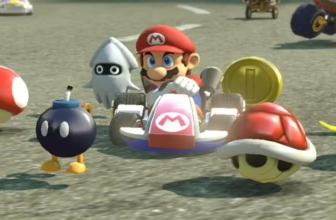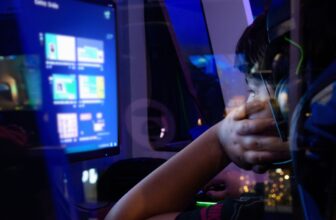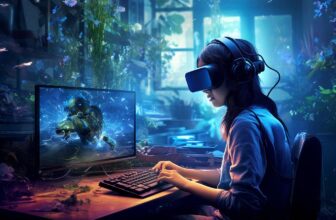
Gaming for Good: How Video Gamers Are Supporting Mental Health Awareness
For decades, video games were dismissed as a mere pastime—or worse, criticized for promoting isolation or unhealthy habits. But in recent years, the gaming community has begun to rewrite that narrative. Today, gamers around the world are not only connecting with one another but also driving meaningful conversations about mental health awareness.
Through live-streams, fundraising events, and in-game initiatives, gaming is proving to be a powerful tool for good. Let’s explore how this cultural shift is happening and why it matters.
1. Livestreams Raising Funds for Mental Health Charities
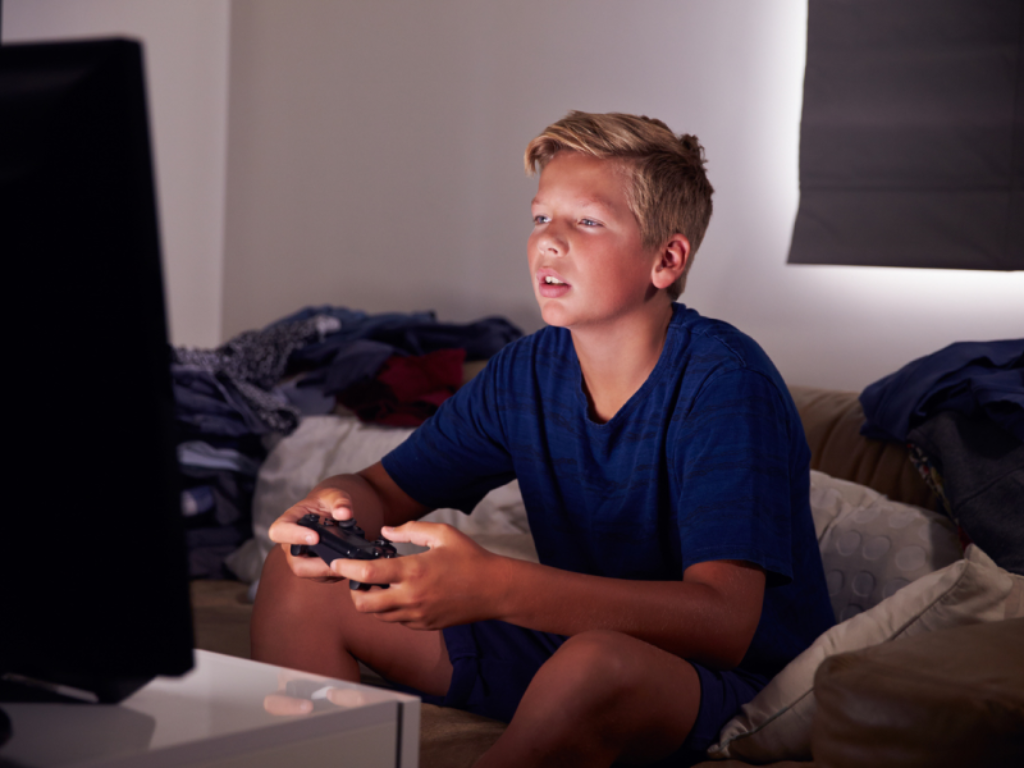
Platforms like Twitch and YouTube Gaming have become hubs for live-stream fundraising. Gamers host marathon sessions—sometimes lasting 24 hours or more—to raise money for organizations like:
- Take This – a nonprofit dedicated to mental health in the gaming community.
- The Trevor Project – supporting LGBTQ+ youth in crisis.
- Mind – a UK-based charity offering mental health resources.
These events often blend entertainment with education, where streamers share personal stories and encourage open conversations about anxiety, depression, and self-care. In doing so, they normalize mental health struggles while channeling gaming energy into real-world impact.
2. Safe Spaces for Connection
For many players, online games are more than entertainment—they’re social lifelines. Multiplayer platforms and gaming communities provide safe spaces where individuals can connect, share experiences, and support one another.
Guilds, Discord servers, and community forums often become havens for people who feel misunderstood in offline life. These spaces can foster friendships that are not only fun but also deeply supportive, helping players cope with loneliness or stress.
3. Breaking Stigma Through Storytelling in Games
Some video games are intentionally designed to reflect real struggles with mental health. Titles like:
- Celeste – which portrays themes of anxiety and self-doubt.
- Hellblade: Senua’s Sacrifice – developed with input from neuroscientists and people with psychosis.
- Gris – an artistic exploration of grief.
These games resonate with players by weaving empathy and awareness into gameplay. By experiencing mental health challenges through characters, players gain a new perspective and help break down stigma.
4. Gamers Speaking Out
Well-known streamers and esports athletes are increasingly open about their own mental health journeys. When influential gamers discuss struggles with burnout, depression, or anxiety, it creates a ripple effect in the community.
These voices remind fans that even high-performing individuals face challenges—and that seeking help is a sign of strength, not weakness. This openness is helping shift the culture of gaming toward authenticity and empathy.
5. Gaming as a Tool for Relaxation and Therapy
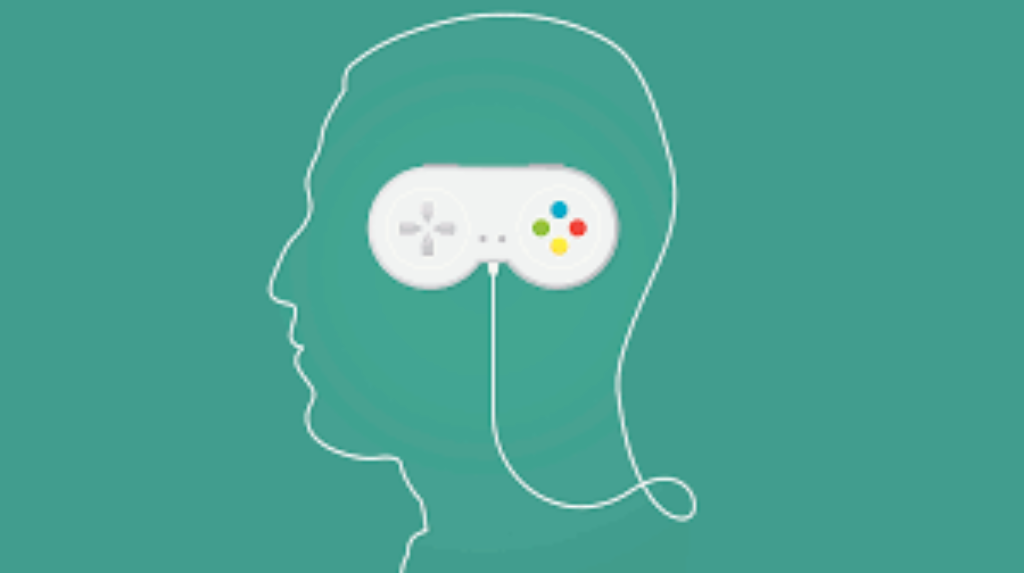
Not all benefits come from activism—sometimes it’s simply the act of gaming itself. Research shows that moderate gaming can:
- Reduce stress through immersive play.
- Improve problem-solving skills.
- Encourage mindfulness and flow states.
Some therapists even use games as part of treatment plans, particularly with younger patients. This therapeutic use adds another layer of legitimacy to the idea that gaming can positively influence mental health.
6. Collaborative Global Movements
Events like World Mental Health Day or Mental Health Awareness Month often inspire gaming companies and communities to launch initiatives. From in-game awareness campaigns to donation drives, these global efforts highlight the collective power of gamers to make an impact.
For example, platforms have run special content where part of the proceeds goes directly to mental health organizations. These campaigns not only raise funds but also spread messages to millions of players worldwide.
7. The Future of Gaming for Good
As gaming continues to grow, so does its potential as a force for social change. Developers are collaborating with psychologists to design games that boost emotional resilience. Meanwhile, charities are recognizing the reach of gaming communities and actively partnering with them for mental health advocacy.
For everyday players, supporting mental health can be as simple as donating to a charity stream, sharing a supportive message in a chat, or checking in on friends they game with regularly.
Conclusion
Far from being just an escape, gaming is becoming a platform for connection, healing, and awareness. By raising funds, sharing stories, and building supportive communities, gamers are breaking down stigma and amplifying the importance of mental health.
The next time you pick up a controller or log onto a stream, remember: gaming isn’t only about winning matches or completing quests. It can also be about creating real-world impact—one supportive conversation, one fundraiser, one game at a time.



